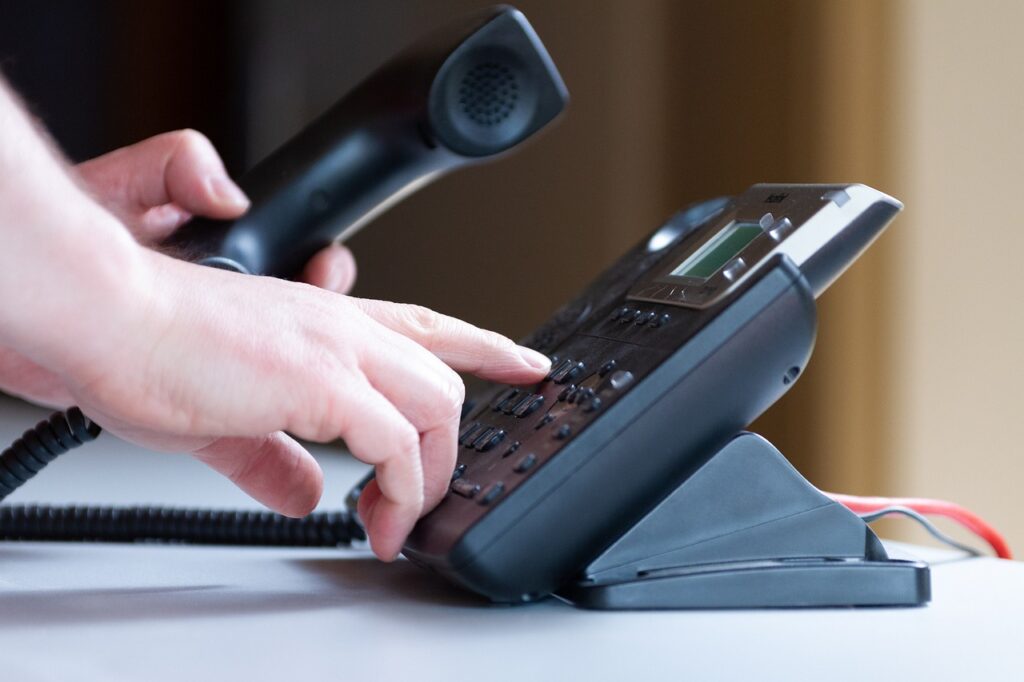The modern workplace has undergone a significant transformation, driven by advancements in technology. Serviced offices, which are fully equipped, flexible office spaces, have become an increasingly popular choice for businesses of all sizes. These spaces are designed to provide tenants with everything they need to run their operations efficiently and effectively, and technology plays a pivotal role in delivering this experience. From high-speed WiFi to advanced communication tools, technology in serviced offices, enhances the customer thus making them a compelling option for modern businesses.
Seamless Connectivity with High-Speed WiFi
One of the most essential features of a serviced office is reliable, high-speed internet connectivity. In today’s digital age, businesses depend on uninterrupted access to the internet for communication, research, cloud-based applications, and collaboration. Serviced offices typically offer enterprise-grade WiFi that supports multiple users and devices, ensuring that businesses can operate smoothly without worrying about connection issues.
Moreover, these spaces often include redundant internet connections, meaning that even in the rare event of a primary connection failure, a backup system ensures minimal disruption. This level of connectivity allows businesses to focus on their core activities without the stress of managing IT infrastructure.
Advanced Communication Tools: VOIP and Beyond
Voice over Internet Protocol (VOIP) technology has revolutionised how businesses communicate. Serviced offices leverage VOIP systems to provide tenants with cost-effective, high-quality phone services. Unlike traditional telephony, VOIP enables voice and video calls over the internet, often including additional features like voicemail-to-email, call forwarding, and virtual receptionists.
In serviced offices, VOIP systems are typically pre-installed and maintained by the provider, removing the need for tenants to invest in costly hardware or manage complex installations. This allows businesses to communicate efficiently, whether it’s a local call or an international conference.

Collaboration Tools for Teamwork and Productivity
Collaboration is at the heart of modern business, and serviced offices are equipped with a range of tools to facilitate teamwork. Platforms like Microsoft Teams, Slack, and Google Workspace are often integrated into the IT ecosystem of these offices. Tenants can use these tools to share files, schedule meetings, and work on projects in real time, regardless of whether team members are in the same office or working remotely.
Many serviced offices also provide access to shared digital workspaces, allowing teams to brainstorm and collaborate effectively. With interactive whiteboards and large display screens available in meeting rooms, businesses can conduct presentations and brainstorming sessions seamlessly. These tools enable faster decision-making and enhance productivity, fostering an environment of innovation.
State-of-the-Art Conferencing Facilities
The demand for video conferencing has surged, especially with the rise of hybrid and remote work models. Serviced offices cater to this need by offering fully equipped conference rooms with advanced audiovisual equipment. High-definition video cameras, large monitors, and surround sound systems ensure that virtual meetings feel as professional and engaging as face-to-face interactions.
Additionally, many serviced offices offer integrated solutions that work seamlessly with popular conferencing platforms like Zoom, Microsoft Teams, and Cisco Webex. These facilities enable businesses to host client meetings, webinars, and team collaborations without the hassle of setting up and troubleshooting equipment. With such high-quality setups, businesses can maintain a professional image while communicating with stakeholders.
Smart Building Technology
Another area where technology enhances serviced offices is in the integration of smart building technology. Features like keyless entry, smart lighting, and temperature control systems provide tenants with a more comfortable and efficient work environment. Keyless entry systems, for instance, allow employees to access the office using their smartphones or access cards, improving security and convenience.
Smart lighting and HVAC (heating, ventilation, and air conditioning) systems adapt to the occupancy and preferences of the office, reducing energy consumption and creating a more sustainable workspace. These technologies not only enhance the tenant experience but also align with modern businesses’ commitment to sustainability.
Cloud-Based Solutions for Scalability
Technology in Serviced offices often integrate cloud-based tech that make it easier for businesses to scale their operations. Whether it’s cloud storage, software as a service (SaaS), or customer relationship management (CRM) tools, these solutions enable businesses to access essential resources on demand. For instance, companies can quickly expand their data storage capacity or add new users to software platforms without significant upfront investment.
This scalability is particularly beneficial for startups and small businesses, which may experience rapid growth. With access to flexible, cloud-based solutions, these companies can adapt quickly to changing needs, ensuring they remain competitive in a dynamic market.
Enhanced Security Measures
With the increasing reliance on technology comes the need for robust cybersecurity measures. Serviced offices typically include enterprise-grade security features such as firewalls, encrypted networks, and secure access controls. Additionally, IT support teams are often on-site to monitor systems and address any potential vulnerabilities.
Some serviced offices also offer private network options for businesses that require an extra layer of security. These measures ensure that sensitive data and communications remain protected, giving tenants peace of mind.
Cost Savings of Technology in Serviced Offices vs Traditional Leased Offices
One of the key advantages of serviced offices is the potential for significant cost savings, particularly in technology infrastructure. The following chart illustrates a comparison of technology-related costs between serviced offices and traditional leased offices:
| Category | Serviced Offices | Traditional Leased Offices |
|---|---|---|
| High-Speed Internet | Included | £80-£200/month |
| VOIP Phone Systems | Included | £50-£100/user/month |
| IT Support | Included | £25-£75/hour |
| Meeting Room Equipment | Included | £2,000-£5,000 upfront |
| Smart Building Features | Included | £500-£1,500 installation |
This comparison demonstrates how technology in serviced offices eliminate many of the upfront and ongoing costs associated with setting up and maintaining an office space, providing businesses with a more cost-effective solution.
The Future of Technology in Serviced Offices
As technology continues to evolve, serviced offices are likely to integrate even more advanced features. Artificial intelligence (AI) could play a role in automating routine tasks, while virtual and augmented reality (VR/AR) might enhance collaboration and training. Furthermore, the rise of 5G connectivity promises to deliver even faster internet speeds, unlocking new possibilities for businesses.
Technology in Serviced Offices is the backbone of businesses to operate efficiently, collaborate effectively, and adapt to changing demands. From high-speed WiFi and VOIP systems to advanced conferencing facilities and smart building technology, these offices are equipped to meet the needs of the modern workforce. By leveraging these technological advancements, serviced offices provide businesses with a competitive edge, making them an ideal choice for companies seeking flexibility, scalability, and productivity in today’s fast-paced world.

Leave a Reply